Pakistan’s enduring role in global terrorism and narco-trade
- Update Time : Monday, December 16, 2024
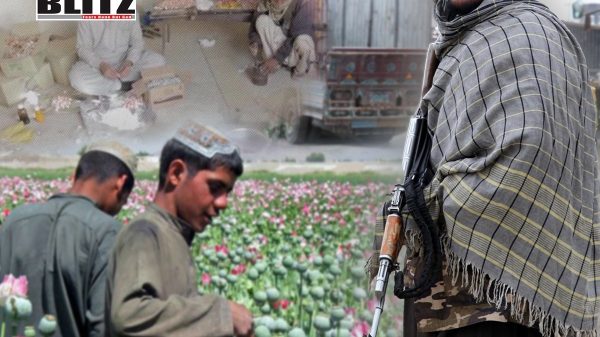
Celebrated Belgian-American journalist Arnaud de Borchgrave once stated, “The imprints of every significant act of international Islamist terrorism invariably trace back to Pakistan, particularly regarding 9/11, where nearly all the participants had trained, resided, or coordinated with, or received funding from or through Pakistan.” The links between Pakistan and global terrorism are deeply entrenched and have repeatedly bitten the nation despite its involvement. This connection dates back decades to the Soviet invasion of Afghanistan when the United States sought to counter the communist USSR by fostering a militant Islamist resistance composed of Mujahideen fighters who were trained and sheltered in Pakistan. This period not only saw a transnational militant response to the USSR in Afghanistan but also, due to Saudi involvement and Pakistani General Zia-ul-Haq’s policies, facilitated the influx of radical Islamist ideologies that gave rise to numerous violent fundamentalist groups, significantly transforming Pakistan’s socio-political landscape. The Mujahideen eventually evolved into entities like the Taliban and al-Qaeda, which the Pakistani establishment continued to support for its own geostrategic interests. The National Commission on Terrorist Attacks Upon the United States Report explicitly outlined Pakistan’s ties with al-Qaeda, which orchestrated the horrific attacks on the Twin Towers in New York. This reality was further underscored when Osama bin Laden was located and killed by U.S. forces in 2011 in Abbottabad, Pakistan, after years of denial from the Pakistani government regarding his presence in the country.
Pakistan has long provided shelter and support to various terrorist groups on its territory for multiple objectives, with the primary aim being to counterbalance India. The Pakistani state has covertly backed terror organizations that have instigated terrorism in Kashmir and orchestrated terror attacks across India. Terrorist groups such as Lashkar-e-Tayyiba, which was implicated in the horrific 26/11 attacks in Mumbai in 2008 and Jaish-e-Mohammed have all received ongoing support from Pakistan, even as it positioned itself as a partner to the US in the ‘war on terror’ following 2001. In fact, to pressure Pakistan into ceasing this duplicity and addressing terrorist sanctuaries within its borders, the US progressively reduced military aid, slashing it by 60% between 2010 and 2017. Despite persistent warnings, Pakistan continued its support for terrorism, prompting President Donald Trump to cancel an additional $300 million in military assistance to the nation.
There is a significant aspect to Pakistan’s interactions with terrorist groups that cannot be overlooked. The country’s geographical positioning not only gives it strategic importance at the intersection of South Asia, West Asia, and Central Asia but also establishes it as a vital transit route. Notably, the Durand Line, which stretches over 2,500 kilometers, serves not only as a base for militant operations but also as a conduit for narcotics trafficking from Afghanistan. The narcotics trade has become a crucial financial lifeline for militant insurgent factions like the Taliban. A 2022 NATO report indicated that the Pakistani Army facilitated narcotics trafficking across the border and internationally, as this trade constituted one of the primary financial sources for Islamist militant groups that it has shown sympathy towards.
The Taliban, which has historically depended on opium production and trafficking as its primary revenue source, announced in the early days of its return to power in Afghanistan in 2021 that it would prohibit the cultivation and trade of illicit drugs. However, the dire economic situation it faced—intensified by international sanctions, reduced aid, and a severe humanitarian crisis—led to a continuation of these practices, especially now that it controls opium cultivation within the country. In 2020, Afghanistan accounted for 85% of global opium production and supplied approximately 80% of the world’s opium users, according to the United Nations Office on Drugs and Crime. About 40% of the drugs produced in Afghanistan pass through Pakistan before reaching international markets. This connection between drug traffickers, Islamist militant groups, and the Pakistani state has also infiltrated the Kashmir Valley in recent years, contributing significantly to the alarming drug addiction crisis currently affecting the youth in Kashmir.
Pakistan’s persistent and unwavering involvement with global terrorist organizations, coupled with their deep-rooted connection to narcotics trafficking, has inflicted severe damage upon the country itself, especially as its relations with the Taliban have soured despite years of attempts to align with them. Since the Taliban regained control of Afghanistan, there has been a notable increase in militant attacks within Pakistan, targeting both military and civilian installations, primarily orchestrated by the Tehreek-e-Taliban Pakistan (TTP). Pakistan accuses the Taliban of providing support to the TTP, a claim that the Taliban rejects. Over recent decades, Pakistan has played a dangerous game by endorsing ‘narco-terror’ and has faced dire consequences repeatedly. The Afghanistan-Pakistan drug network has not only fueled global terrorism but has also sustained a corrupt, authoritarian, and ineffective state, alongside severe health crises. It is imperative for Pakistan to learn these long-overdue lessons and to shift its decision-making from a focus on insecurities regarding India to prioritizing regional and international peace, security, and prosperity.


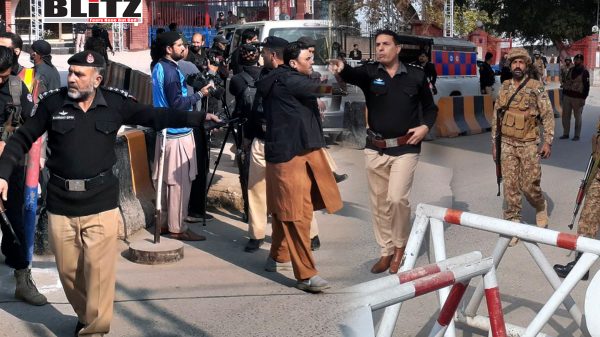
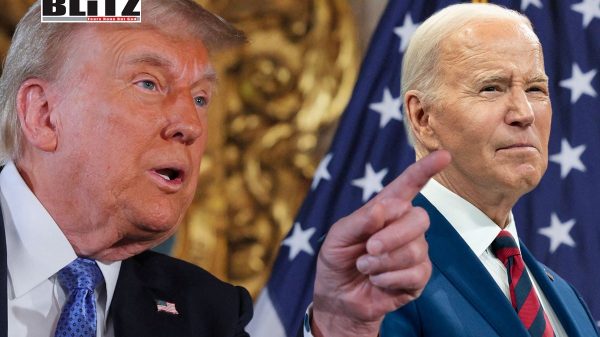
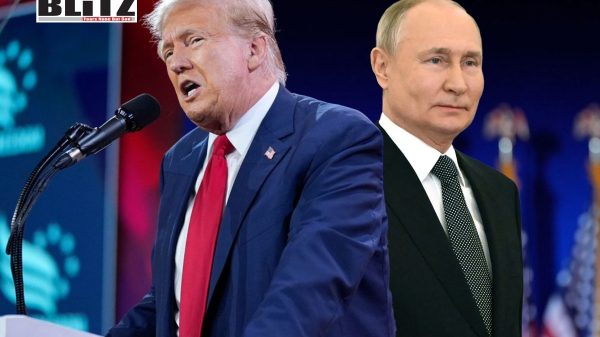
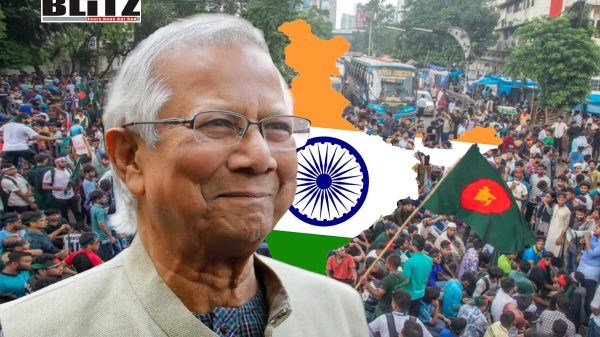
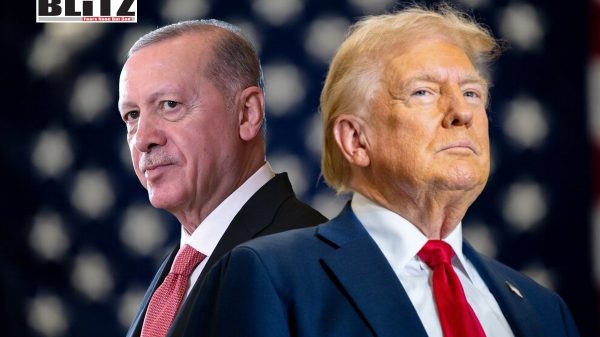
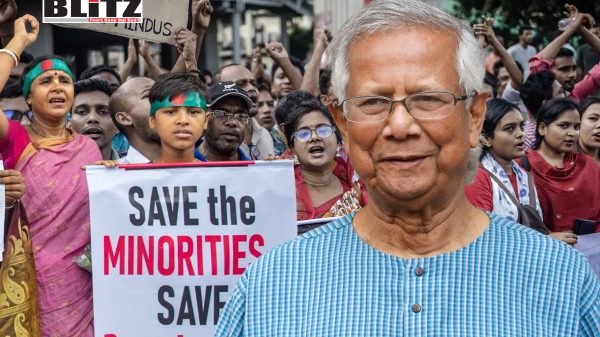

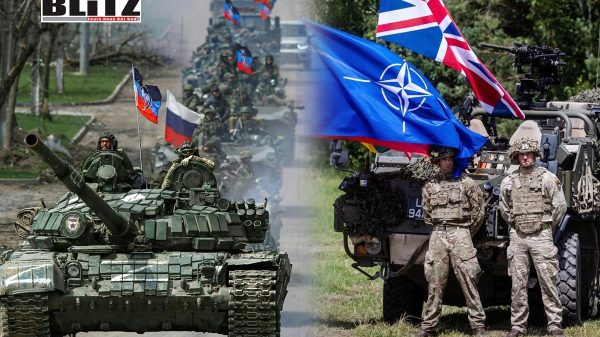
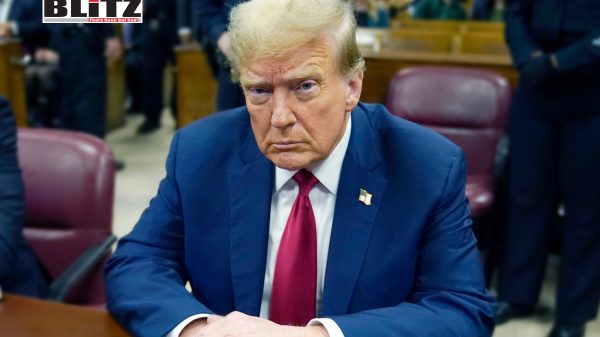
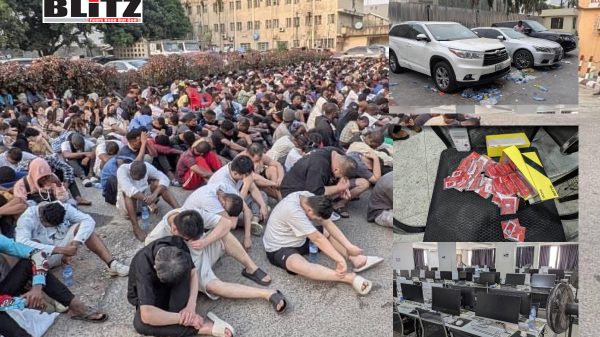

Leave a Reply